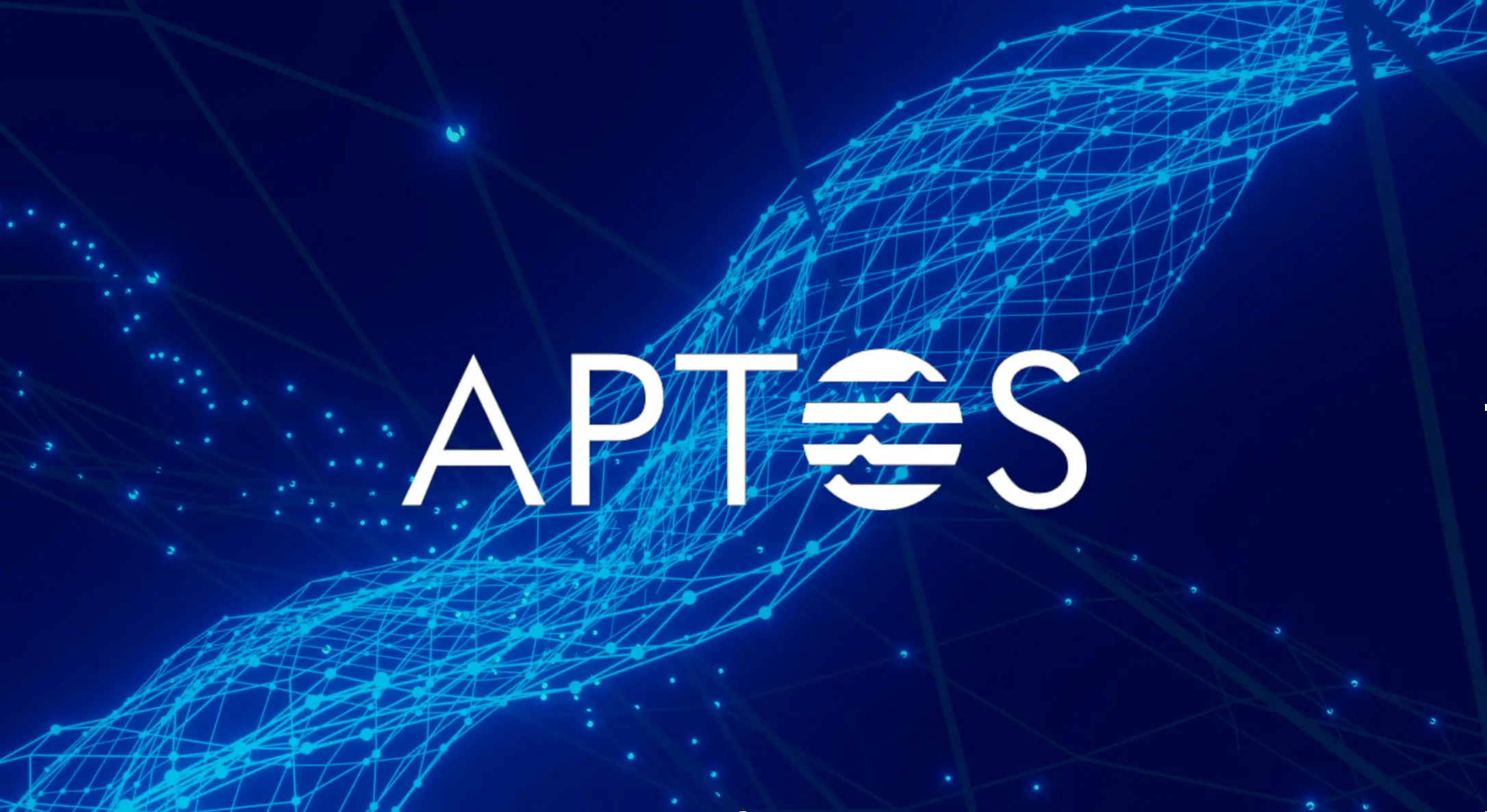Aptos Network Debates Cutting Staking Rewards to Encourage Real Participation
19.04.2025 10:00 2 min. read Alexander Stefanov
The Aptos blockchain could be heading toward a significant shift in its economic model, as developers propose reducing passive staking incentives to nudge participants toward more hands-on roles in the ecosystem.
A governance proposal—backed by key figures from Aptos Labs and the Mirage protocol—has reignited discussions about how rewards are distributed among validators and token holders. The plan calls for a gradual reduction of staking yields from roughly 7% to just under 4% over the next three months.
This isn’t simply a cost-cutting move. The motivation behind the change is to steer contributors toward more involved activities that benefit the broader network, such as powering data infrastructure, engaging in MEV strategies, or supporting new decentralized systems like DePIN.
At present, Aptos offers a competitive reward when stacked against other blockchains—higher than Ethereum, but below Cosmos. Yet some developers argue that a high, predictable yield may be attracting too many passive stakers rather than encouraging innovation or long-term value creation.
Critics of the proposal aren’t silent, though. Smaller validators fear being priced out if the emission-based rewards shrink without added support. Some community members are calling for the Aptos Foundation to introduce a delegation initiative that helps level the playing field, citing models used by other major chains.
To make the adjustment less disruptive, contributors have proposed new strategies to help validators offset the drop in staking income. These include monetizing node services, exploring transaction indexing, and tapping into alternative reward streams. The aim is to replace emissions-based returns with real, utility-driven value.
In parallel, the Aptos Foundation is being urged to rethink how it allocates stake across validators. Some suggest cutting ties with inactive or non-contributing nodes and prioritizing those that help move the network forward. It’s a call to reward not just uptime, but active ecosystem engagement.
While no final decision has been made, the proposal represents a broader philosophical shift: rewarding action, not just presence. For Aptos, the outcome could mark a turning point in how decentralized networks design incentives to scale sustainably.
-
1
Binance to Delist Five Tokens on July 4
02.07.2025 20:00 2 min. read -
2
What Are the Most Talked-About Words in Crypto Today?
28.06.2025 7:30 2 min. read -
3
Ethereum Accumulation Surges While U.S. Politics Stir Market Uncertainty
30.06.2025 18:00 2 min. read -
4
Ethereum Launches Onchain Time Capsule to Mark 11th Anniversary in 2026
30.06.2025 19:00 1 min. read -
5
Top Trending Cryptocurrencies Today
01.07.2025 15:17 3 min. read
Solana Price Prediction: SOL Could Jump to $200 After This ‘Buy’ Signal
Solana (SOL) has gone up by 7% in the past 7 days after the approval of the first exchange-traded fund (ETF) linked to this token in the United States. The REX-Osprey SOL + Staking ETF (SSK) is already nearing the $100 million mark in assets under management (AUM), which favors a bullish Solana price prediction. […]
ProShares Ultra XRP ETF Gets Green Light from NYSE Arca
A major development in the world of crypto ETFs has just been confirmed, as NYSE Arca has officially certified the approval for listing the ProShares Ultra XRP ETF (UXRP).
Top Crypto Trends Dominating Discussions This Week
As Bitcoin smashes through all-time highs, crypto-related conversation is surging across social media.
6 Altcoins Gaining Attention After Market Rally, Says Analyst
Crypto markets are buzzing once again, and according to analyst Miles Deutscher, a fresh wave of altcoins is drawing investor interest.
-
1
Binance to Delist Five Tokens on July 4
02.07.2025 20:00 2 min. read -
2
What Are the Most Talked-About Words in Crypto Today?
28.06.2025 7:30 2 min. read -
3
Ethereum Accumulation Surges While U.S. Politics Stir Market Uncertainty
30.06.2025 18:00 2 min. read -
4
Ethereum Launches Onchain Time Capsule to Mark 11th Anniversary in 2026
30.06.2025 19:00 1 min. read -
5
Top Trending Cryptocurrencies Today
01.07.2025 15:17 3 min. read


